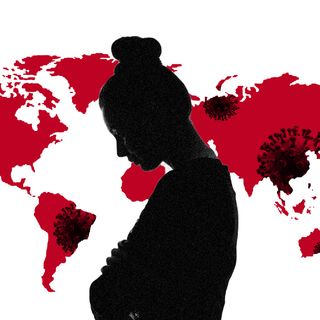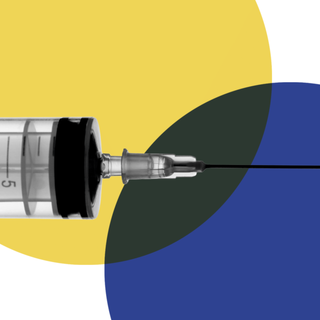People who are unfairly stopped, searched, or questioned by the police are likely to experience a range of detrimental outcomes, including depression, suicidal thoughts, drug use, and the loss of self-efficacy, according to a new study in the U.S. The findings broaden our understanding of how law enforcement overreach can have tangible psychological and behavioral damage, which can stay with the wronged persons throughout their lives.
“These experiences involving police are leaning to the point of being normal and engrained…That’s alarming and disturbing,” said Christopher Dennison, the paper’s corresponding author and an expert in life course criminology and social responses to crime, in a press release.
The research was conducted with more than 12,000 participants in the U.S. and was published in the journal Criminology. It confirmed what other smaller-scale studies with non-random samples had hypothesized: that individuals who reported being treated unfairly by police were more likely to experience social-psychological and behavioral effects, such as depression and suicide ideation, than those who reported no unfair police treatment.
The study confirmed that minorities face the worst consequences of unjust police treatment. The odds of reporting having experienced unfair treatment by police are disproportionately higher among male minorities and those from lower socioeconomic backgrounds, the study confirmed. Black people, and specifically Black men, were far more likely to report unfair police treatment than white people.
The findings noted that the resulting psychological and behavioral patterns can be generalized across race, ethnicity, and gender. So, the fallout of such experiences was also evident among white people who experienced unfair treatment.
“This effect we found among white people could be attributed to evidence suggesting how minority families are socializing their children to prepare for police encounters,” Dennison said. “For minorities, more generally, there’s a belief that unfair treatment by police will likely happen at some point in their lives, while white people don’t have that expectation. That preparation and lack of preparation might be responsible for the effects we see in this study.”
Related on The Swaddle:
Comedian Munawar Faruqui Didn’t Make Anti‑Hindu Statements, Say Police. So Why Was He Arrested in the First Place?
The findings assume relevance in a society like India, where police bias and brutality have been widely reported in recent years. According to the Status of Policing in India Report 2019 by Common Cause and the Centre for the Study of Developing Societies, a significant bias against Muslims exists within the police: Half of the police personnel surveyed reported that Muslims are more likely to be naturally prone to committing violence. Similarly, across states, there exist prejudices against Adivasi, Dalit, trans, and migrant people. While the U.S. debated police misconduct after George Floyd’s murder last year, instances of police bias, unfair treatment and brutality, and selective persecution of particular communities have failed to make the big news in India.
Moreover, two-thirds of India’s prisoners under trial are from marginalized communities — that is, a disproportionate number of Muslims, Dalits, and Adivasis. Another report by the National Campaign of Dalit Human Rights highlighted that deeply entrenched prejudices among Indian police played a dominant role in the exploitation of marginalized communities, who were more likely to face delayed investigation after reporting crimes and unfair questioning by the police. The findings of this new study suggest a long-term impact of such bias and injustice.
“It’s also important to be aware of how these findings reinforce structural inequalities,” says Dennison. But transparency by the police can reduce these damaging outcomes, according to the researchers, as well as help strengthen the recourse against official misconduct.




